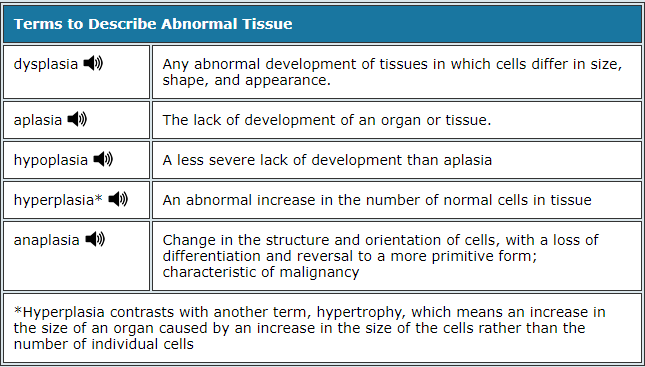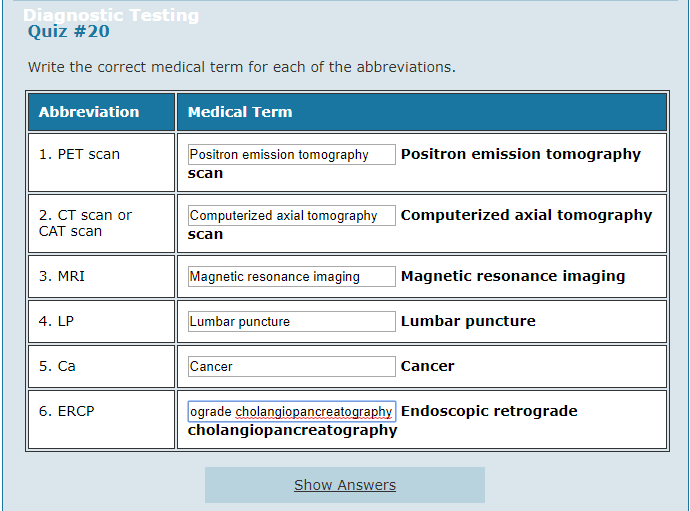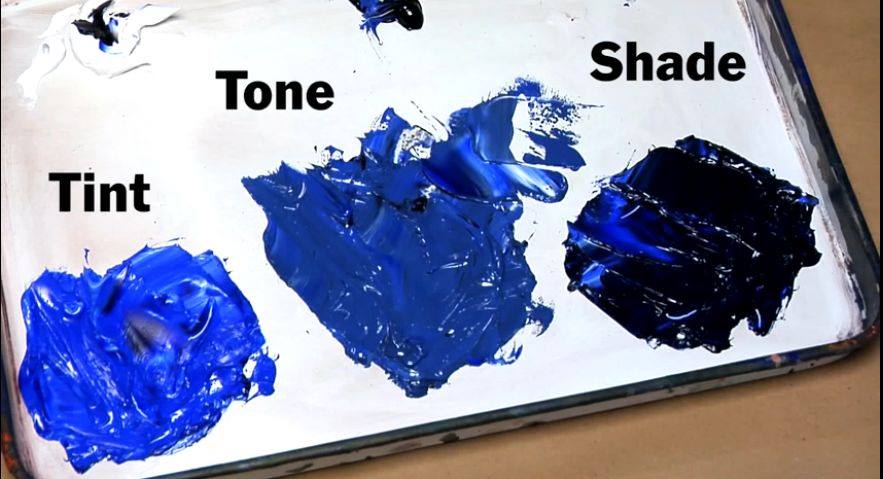I really start enjoying medical terminology. Each time you meet a term like panphlebostasis, you first shudder, then get it.
Pan- would be “all”, -phleb- is something with veins, -o- just for the sake of easier pronunciation, -stasis is “to stop”, I read that on bus stops in Athens. Like, what, all the veins stopped functioning? Yeah, precisely that, if you trust that single result from Google, some Chinese-English translation quiz… But in other cases it works, I swear! And it cannot possibly be NOT related to veins and stopping and all. It works with stuff like hepatosplenomegaly or quadriplegic, and you can actually finally understand what enuresis and tachycardiac mean, just by looking at the word! They were rambling in my head since childhood, empty shells, vague diagnoses with no clear meanings attached.
.
That was it about enjoyment. Actually around 40% of the time I am just crying amidst heaps of printouts with gazillions of terms, but judging from medical students’ Facebook posts, it’s just about the right way to do it. Maybe should also study overnight, while eating, at work.
.
Since I want to be able to translate everything into Russian, but the course was supposed to be English and turned out to be Greco-Latin, the process usually goes like this:
Okay, whaddawe’ave here, a cholecyst/o. What’s that? A gall bladder. Doesn’t help, let’s translate. Жёлчный пузырь, wow, 5% more info. OK, Google, where is the thing located and what precisely gall does?..
.
Also, authors of my course insist that there are terms only consisting of a prefix and a suffix: neoplasm, dyspnea. I would argue, but it’s a funny view to share.
.
Generally, thank you, dear doctors, for sticking to Greek and Latin all the way through, instead of inventing new words.
Except for the cases when fuck you, why the heck целлюлит stands for both cellulitis and cellulite? Why ditch the ending that shouts out loud: INFLAMMATION. Or let’s call absolutely different things ilium and ileum, and have fun. Or let’s make people stumble upon дистония, ’cause it’s dys-tonia, not disto-nia, damn, Russian, go get yourself some additional letters.
.
Nevertheless – what a wonderful consistency. Hmm, there are all kinds of troubles with tissues, let’s call them dysplasia, aplasia, anaplasia, hypo- and hyperplasia accordingly. The differences are too brilliant to narrate, let me just show you the table:



